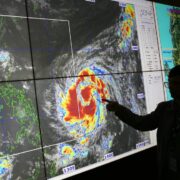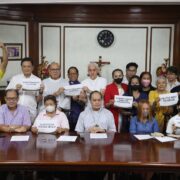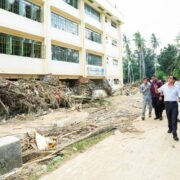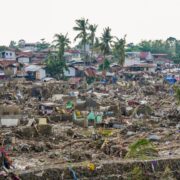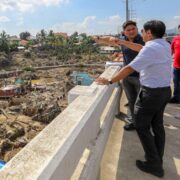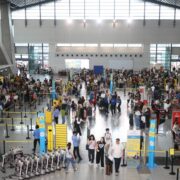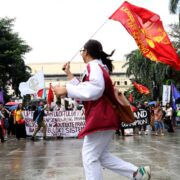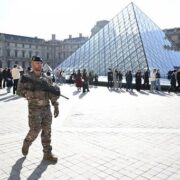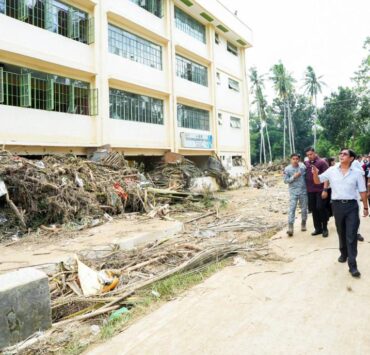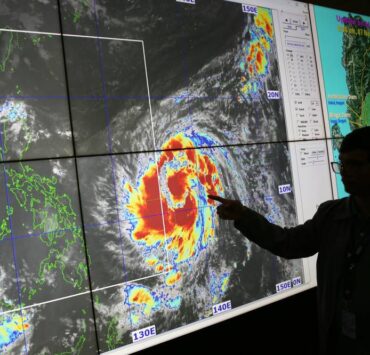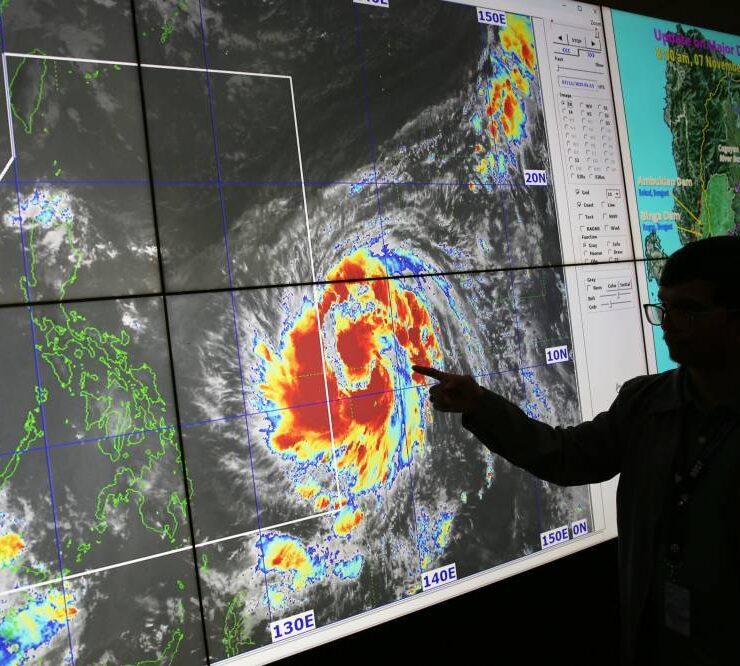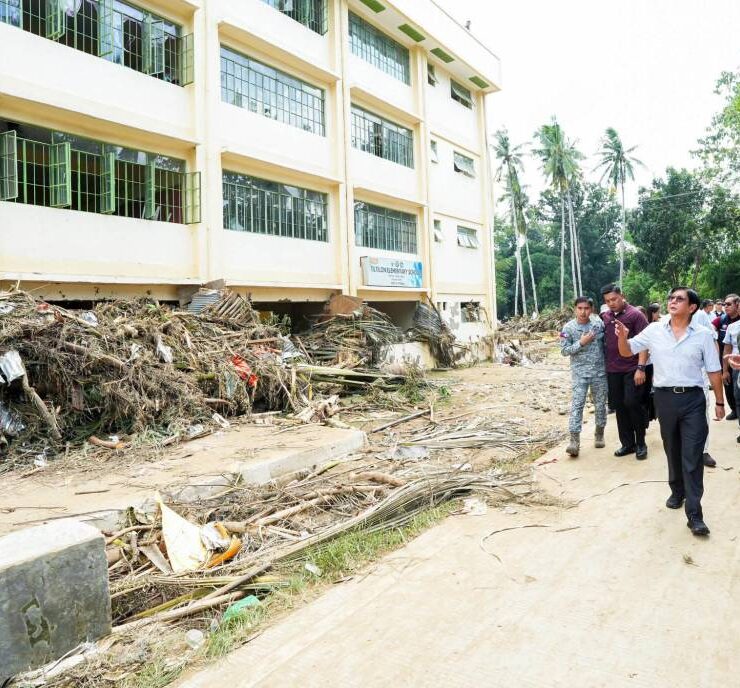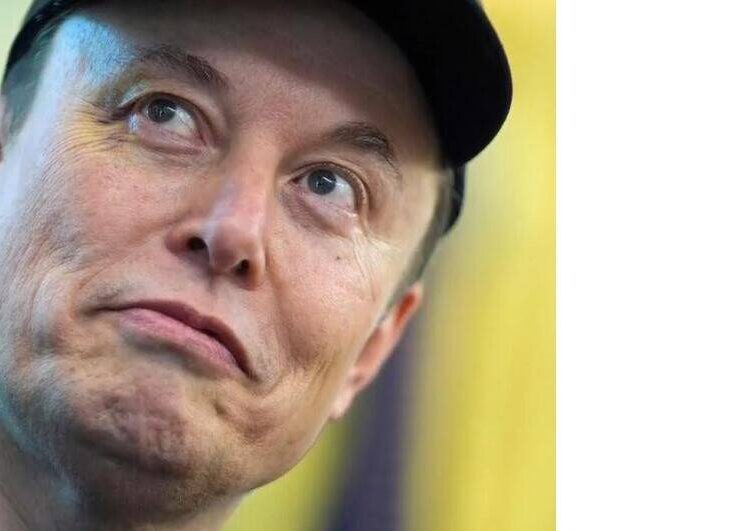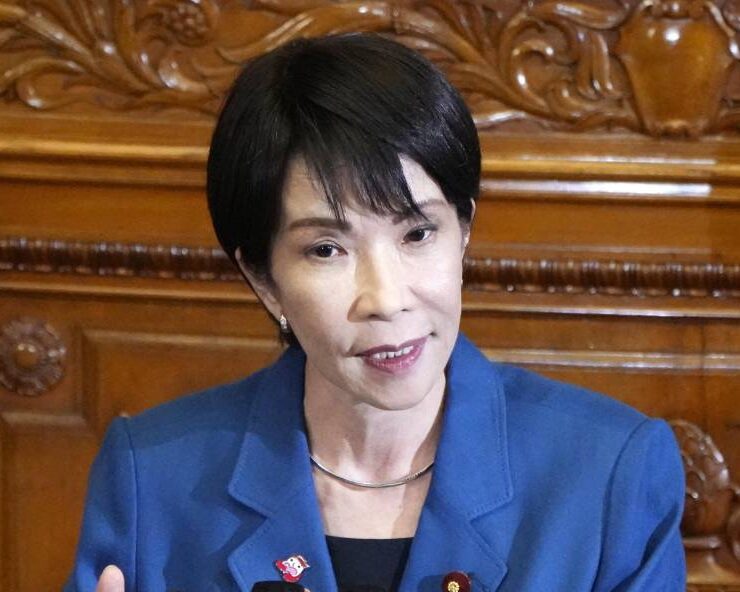Cardinal David, kin of drug war victims want truth body
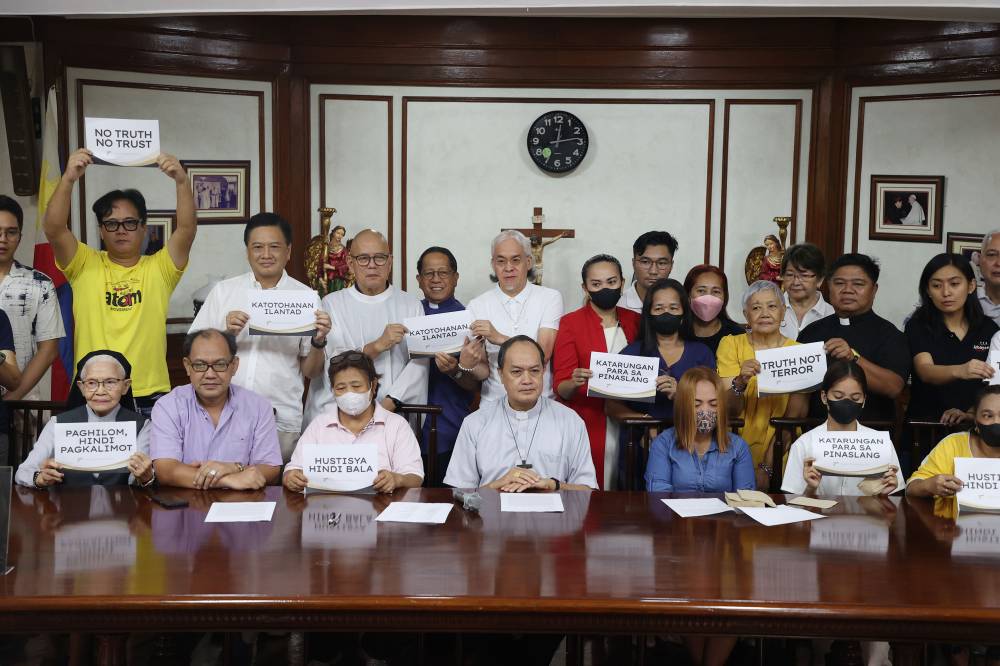
Cardinal Pablo Virgilio David, bishop of the Diocese of Kalookan, on Friday called on President Marcos to establish a National Truth and Reconciliation Commission to exact accountability from those responsible for the bloody drug war of his predecessor.
In a letter to the President, David said the Truth Commission could provide a “safe venue” for victims and witnesses to speak, encourage full disclosure by those involved under legal safeguards, review thousands of killings still under investigation, recommend reparations and psychosocial support for victims’ families and propose reforms to prevent a repeat of the abuses in the brutal antinarcotics campaign.
David, who is also the president of the Catholic Bishops’ Conference of the Philippines, wrote Mr. Marcos on behalf of civil society organizations and the families of the victims of the brutal drug war of former President Rodrigo Duterte.
The Truth Commission could be modeled after those established in other countries that had emerged from “periods of violence,” David said.
“Such a body would not exist to seek vengeance, but to establish truth, promote accountability, extend compassion to victims and help our country move forward with honesty and moral clarity,” he said.
“Truth-telling is not an act of reopening wounds—it is the only path by which wounds can finally heal,” he said.
“We believe this is a moment of grace and historic opportunity. Your leadership in establishing such a commission would send a powerful message: that our nation chooses courage over fear, accountability over impunity and reconciliation over silence,” David added.
Restoring trust
Randy delos Santos, an uncle of 17-year-old Caloocan student Kian delos Santos, who was gunned down by police for allegedly resisting arrest during a drug bust, said the establishment of a Truth Commission “would restore the trust in the police that had long been lost.”
“This will serve as a challenge that we hope our President would accept and to restore trust, to bring out the truth, and to stop and prevent what happened to our loved ones from ever happening again,” he said.
The three police officers involved in the August 2017 killing of the young Delos Santos, who was heard pleading for his life before he was shot at close range, were convicted of murder in a rare case where law enforcers accused of extrajudicial killings had been found criminally liable.
A manifesto of support for the proposed Truth Commission was issued by civil society groups that included Akbayan, Atom, Tindig Pilipinas and Magdalo.
Duterte is being held in a detention facility of the International Criminal Court (ICC) in The Hague, the Netherlands, awaiting confirmation of the charges of crimes against humanity against him in connection with the extrajudicial killings in his war on drugs.
The Duterte administration has reported that over 6,000 people were killed in the drug war during his presidency, a number that human rights groups say could be multiple times bigger—over 20,000.
‘Tokhang’ ground zero
David said his diocese, which includes the cities of Caloocan, Malabon and Navotas, was the “epicenter” of the drug war.
A study by the Ateneo School of Government in June 2018 showed that drug-related killings in Caloocan, excluding Malabon and Navotas, reached 373, lower than the 400 reported in Quezon City and the 463 in Manila. Despite this, Caloocan was still regarded as the “ground zero” for the “tokhang” antidrug operation at that time.
In his letter, David said that in the parish communities, widows and orphans continue to come forward with their stories of loss, not just of their loved ones but also of their means of livelihood following the deaths of their husbands, fathers and other family members in Duterte’s campaign.
Many of them testified in the quad committee hearings of the House of Representatives on the drug war.
Whistleblowers also described how the killings were “allegedly incentivized and financed using public funds.”
“If these allegations are proven true, they would reveal not only the corruption of public resources but also their tragic misuse in the taking of human lives—long before similar patterns of corruption surfaced in the alleged ‘ghost’ flood control schemes,” David said.
The cardinal also pointed to thousands of “deaths under investigation,” or DUIs, committed by hired hit men to evade accountability in the killing of people on so-called drug watch lists.
“The families of the victims, many of whom have lived in fear for years, have every right to demand that these cases be revisited and that answers be given,” David said.
“They deserve closure. Our institutions deserve restoration. Our nation needs healing,” he added. —WITH A REPORT FROM INQUIRER RESEARCH




